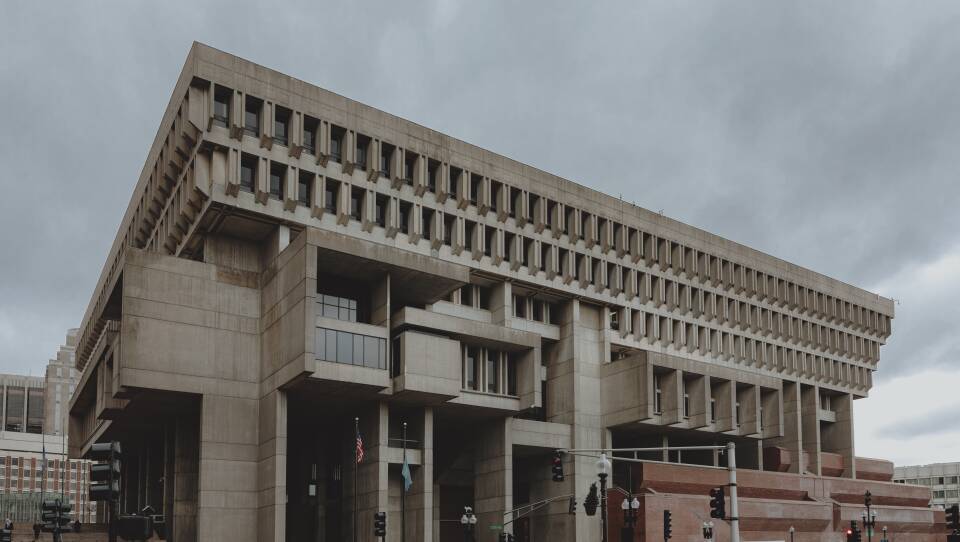Boston began its rent control discussion in earnest Wednesday as the City Council’s government operations committee held its first hearing on the proposal from Mayor Michelle Wu that would cap annual rent increases at 10% and establish legal protections for evictions.
Looming over the day’s proceedings was the specter of the reluctant state Legislature, which has not shown an appetite for considering rent control since the policy was banned statewide through a voter referendum in 1994.
“I don't want to see us ... divided and have a big free-for-all when, you know, if there’s not a likelihood of success. We should probably try to ascertain that sooner rather than later,” At-Large Councilor Michael Flaherty said.
Flaherty, who shepherded a just-cause eviction measure through the council in 2017, recalled that the city’s last major attempt to enact rental market rules was thwarted at the state level.
“The council gets them through, the mayor signs them and then they hit the brick wall heading up the hill,” Flaherty said of housing initiaitves.
City housing chief Sheila Dillon defended the proposal, saying it would provide consistency to developers and protect tenants from unreasonable evictions and rent hikes.
“People who are suggesting that growth will stop are misleading. What the home-rule petition does stop, however, is behavior that harms our residents,” she said in her opening statements.
But councilors began gently suggesting amendments to Wu’s plan.
Multiple councilors took issue with the aspect of the proposal that would exempt buildings from rent control 15 years from their opening, arguing it could be shorter and not apply retroactively. Dillon indicated she would reexamine that point with the city’s legal team.
Councilors also raised other opportunities for changing Wu's proposal. At-Large Councilor Ruthzee Louijeune said she would push for a right-to-counsel policy to be rolled into the proposal so that renters facing evictions would be guaranteed legal representation.
“I think it’s incredibly important that we try to balance out powers’ asymmetry that exists in housing court when it comes to landlords, who are often well-resourced with attorneys and with representation, versus tenants who are not,” Louijeune said.
Council President Ed Flynn also suggested property tax relief for landlords who rent below market rate.
“In South Boston I see a lot of landlords, or housing providers, renting out an apartment to someone in need at times ... and they’re charging a rent that’s below market rate,” Flynn said. “I proposed a formula or something that would help that landlord keep that practice going.”
Dillon said it was “a good idea,” and one she would run by the rest of the administration.
At least one councilor, Kendra Lara, indicated she would oppose Wu’s plan unless the rent-increase cap was lowered. Right now, Wu’s plan allows for annual increases at the rate of inflation, determined by Boston’s regional U.S. Bureau of Labor Statistics consumer price index, plus 6%. In years with high inflation, the total annual increase would be capped at 10%.
“From what I know, from 2007 to 2020, the citywide average [for rent increases] was CPI plus 2%,” Lara said, insisting Wu’s proposed cap is too high. “I don’t see a good reason for it besides the fact that we think the state Legislature would be friendlier to CPI plus 6%.”
Rent control has long been controversial. A GBH News survey of public comments during Wu’s policy formulation period showed that even those willing to comment on the issue were essentially split.
Last month, when Wu floated certain aspects of her proposal to the public, signs of the coming debate emerged. This week, officials with the Greater Boston Real Estate Board launched a nearly half-million-dollar campaign to oppose the policy.
The next council hearing on the matter is scheduled for next Thursday, when the body will hear more comments from the public on the issue.








